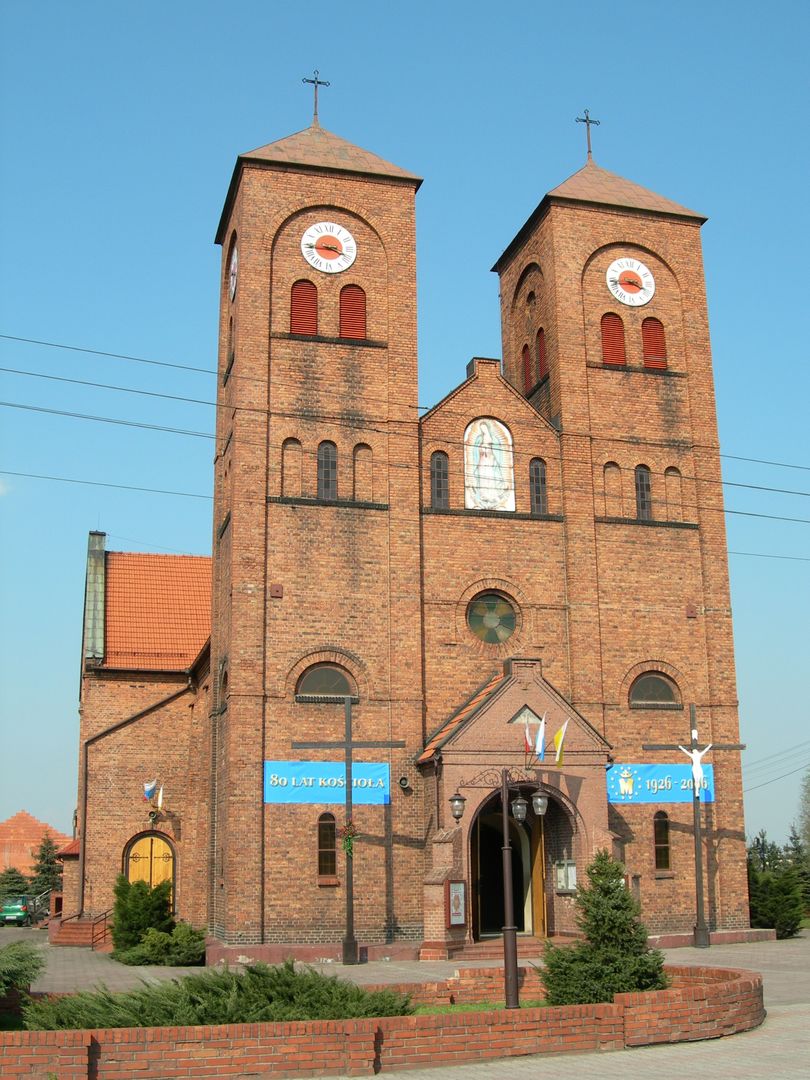Czuchów
6.78

Overview
Czuchów, a district in Czerwionka-Leszczyny, situated on the Bierawka River, is a locality with a rich history dating back to the Middle Ages. Its earliest records come from the 13th century, when the first documented name appeared. Over the centuries, the village changed owners, with the Holly family among the prominent ones until the 16th century. In the 17th century, Czuchów belonged to the Rogojski family and later to the von Kalinowski family.
In the 19th century, the village began to develop; during this period, there was a steelworks, several mills, and a sawmill. In 1902, the properties of Czuchów were purchased by the Prussian state treasury due to the discovery of rich coal deposits. At the beginning of the 20th century, geological surveys were initiated, and in 1908, the former castle was converted into a hospital.
During the interwar period of the Second Polish Republic, Czuchów was an active cultural hub where Polish organizations, a choir, and associations were established. The village participated in the Upper Silesia plebiscite of 1921, where the majority of votes were in favor of Poland. In 1955, Czuchów became part of Leszczyny and later of the town of Czerwionka.
Architecturally, it is distinguished by its castle and castle chapel, including the historic chapel of St. Nepomucene. The village's coat of arms, depicting a horse beside a haystack, highlights Czuchów's agricultural character. It is also worth noting that Czuchów was home to many notable individuals, such as priests and school directors.
Location
Tertiary Administrative Division
Czerwionka-Leszczyny
County
Gliwice County
State
Silesian Voivodeship
Country
2026 Wizytor | All Rights Reserved